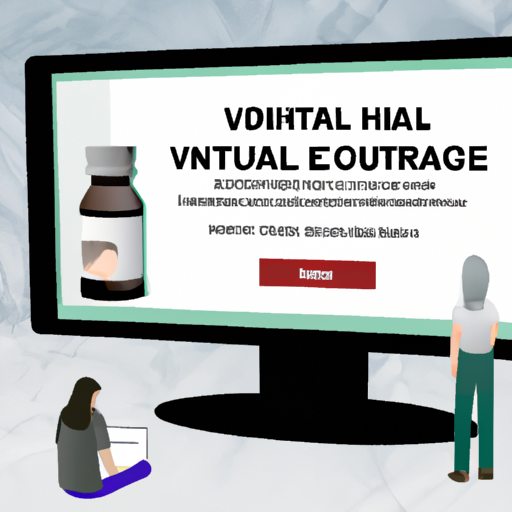The Role of Virtual Healthcare in Tackling the Opioid Crisis In Canada
In an article from the Vancouver is Awesome, Nova Scotia Health has taken a crucial step in providing care for individuals dealing with opioid addiction. Health practices have evolved during the pandemic, with a notable shift towards virtual care. Evidence suggests that this adaptation is here to stay and will play a significant role in tackling the opioid crisis in Canada.
The Opioid Crisis in Canada
Canada is facing an increasing opioid crisis. Opioids, a class of drugs that includes heroin, synthetic opioids such as fentanyl, and pain relievers available legally by prescription, are commonly misused. The crisis is the result of a disconcerting increase in the number of overdoses and deaths associated with these drugs – a situation exacerbated by the homeless population’s increased vulnerability.
The ripple effect of this crisis extends far beyond the individuals affected directly, and it’s becoming a widespread public safety issue rooted in crime and antisocial behavior. It’s affecting our communities on multiple levels, including health, crime, and community well-being—and therefore, community leaders must address this issue systematically and compassionately.
Virtual Healthcare As A Potential Solution
The article discusses how Nova Scotia Health officials believe that virtual healthcare can have a significant impact on the ongoing opioid crisis. The argument is that virtual healthcare offers a more accessible and seamless channel of communication between patients and clinicians, which particularly benefits those living in rural or remote areas where healthcare services might be limited. It’s also noteworthy that virtual care opens the door to services such as therapy, counseling, and support groups that may have previously been unattainable due to geographical barriers.
Furthermore, in the context of the current pandemic, it’s particularly useful as it reduces the need for hospital visits, thereby reducing exposure risks and demands on healthcare facilities.
Key Points
- Overdoses and deaths associated with opioids are on the rise in Canada.
- The opioid crisis is a public safety issue that involves health, community well-being, and crime.
- Virtual healthcare provides an accessible mode of treatment that helps patients and clinicians maintain continuity of care.
- Nova Scotia Health officials are optimistic about the potential of virtual care in tackling the opioid crisis in Canada.
- Naloxone, a medication used to block the effects of opioid overdose, can be made readily available with appropriate guidance via virtual healthcare.
Efforts Toward Combating the Opioid Crisis
Nova Scotia Health has utilized the potential of virtual care in delivering services, such as the distribution of take-home naloxone kits. Naloxone is a crucial intervention in the combat against opioid overdose as it can quickly restore normal respiration to a person whose breathing has slowed or stopped due to opioid overdose. Making this lifeline readily accessible through virtual care just adds to the potency of the approach.
In Closing
Virtual healthcare demonstrates promising potential in managing the opioid crisis in Canada. This situation has presented the healthcare sector with a challenge to rethink, remodel, and reform its status quo. Further, it paves the way for a larger conversation on resource allocation, accessibility, public safety, and community cooperation in the face of the ongoing crisis.
The advances made in Nova Scotia stand as a testament to the positive impacts possible when innovation is applied through a lens of compassion and understanding. As civic and community leaders, we are encouraged to take note, apply, and build on these practices where possible to continue addressing the opioid crisis within our communities.
